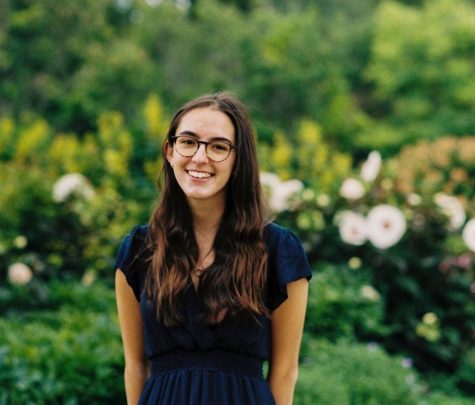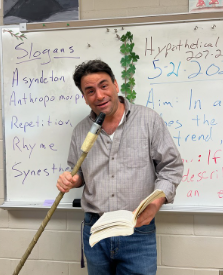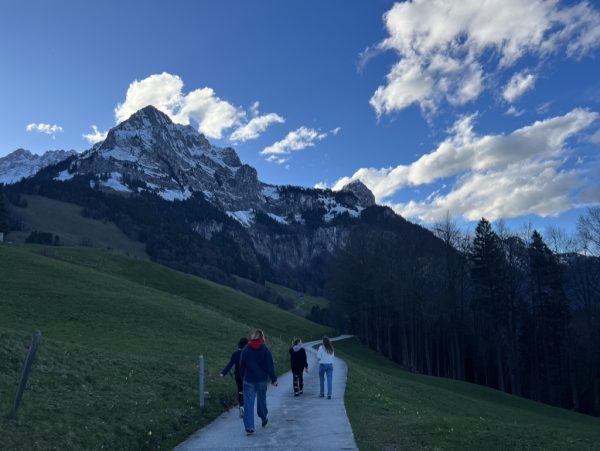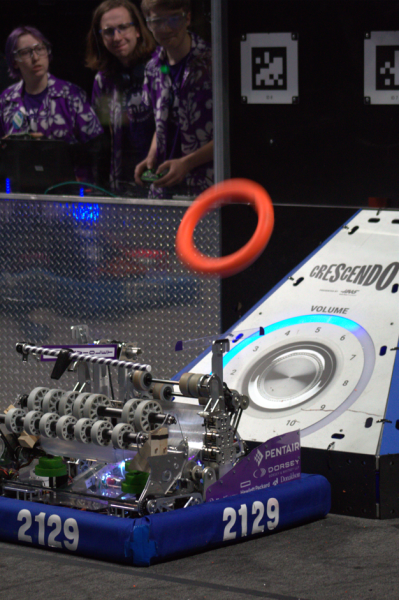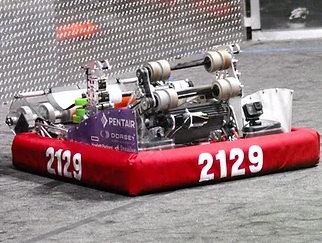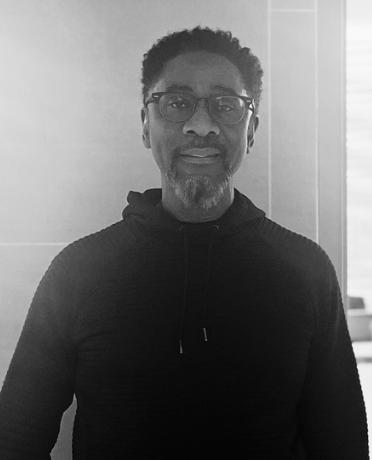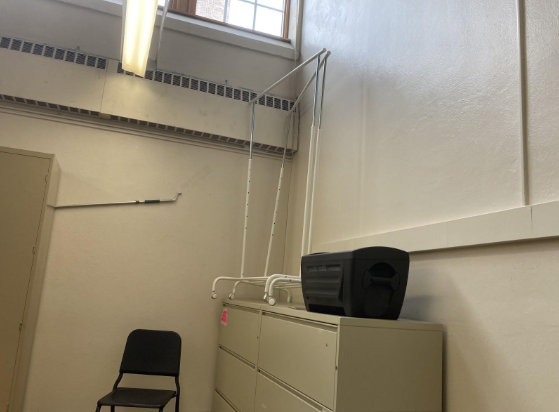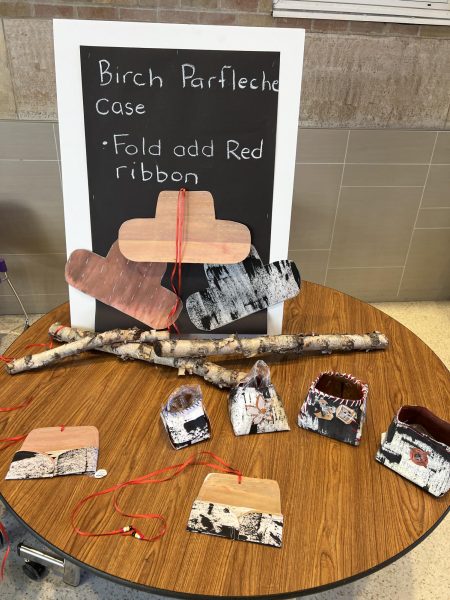In Conversation with Dessa
April 3, 2021
Way before she hits the stage, Dessa puts in the work. The singer, rapper, writer, accredited public speaker, and Southwest alumnae, knows how to dive into every piece of work she does. I had the honor of talking with her about high school, the music industry now, and kindness, for a Navigator exclusive story on our very own, Dessa Darling.
Without a pause, Dessa described herself as a “totally neurotic high school student… [who was] socially weird, really liked academics but took it maybe too seriously.” Arguably, she noted, she probably could’ve used some shaking up and thinking about the process of learning rather than the grades.
Southwest undoubtedly set her up for academic success, with a degree in Philosophy from the University of Minnesota, a new science-based podcast, “Deeply Human”, Ted Talks, and a devotion to sustainable and conscious choices. With the intensity of the IB curriculum, along with the pressure of grades and marks, she said “the education I got was stellar, but I also got a little weird.”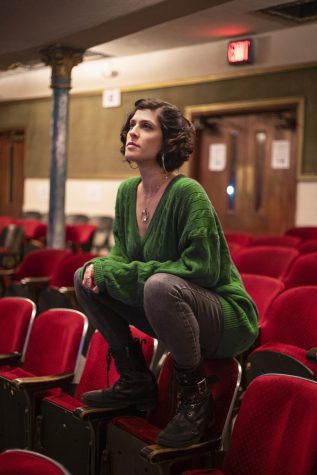
“How we know things, why we believe things, and how we change our minds when we do always really interested me, and it was probably in high school that I started to learn the names for those studies… the class Theory of Knowledge was a really big deal, it was my first intro to philosophy.”
What Southwest could’ve done better when she was there? It goes back to the pressure of numbers. “It can be really difficult to balance high expectations and rigorous programming with a compass view of the world, sometimes… we can get too caught up with the metrics of our performance, and that doesn’t always encourage us to be the kindest and most understanding to our peers.”
“The teen years were intense, they were very sad, they were angry, but in a way that was useful.” The number of things that people should be angry about in the world accounted for a lot of this anger, and it was able to be used productively. One of the lessons she’s learned since Southwest is the habituation of people in an environment, and the lack of action on problems you can settle with.
The pandemic has brought on a whole new pressure on independent artists, whose incomes rely a lot on touring, live performances, and little on the royalties of the music they make.
Post pandemic Dessa says that she, “thinks we’re in for something, I’m not totally sure what the shape of it is. Some art forms have really become even more emphasized during the pandemic, like Netflix.” So maybe our roaring twenties post-pandemic will include a visual arts and live performance boom, which Southwest students can certainly contribute to with the art programs available.
There is a balance between an unevenness of care and a spark in attention. When she started off in music she thought she could at least get a chance because, “it’s easier to attract attention when you’re unusual”, and being a woman in rap gave her plenty of those opportunities.![]()
In recent history the genre has opened up a lot, allowed for more artists of different backgrounds, and as a whole has become more mindful and inclusive, which is a win in her book.
Not all industries are like this though, and for those going into settings as the minority, as the unusual suspect, Dessa advises, “finding friends and collaborators is hugely important, not only because you can do some good work together, but in the off hours there are people with whom you’d really like to speak, compare notes or share resources…being able to navigate for one another.”
Creating these circles, much like her collective, Doomtree, allows for space for you to build on yourself and support others with it. It’s more than just a group, it’s a support system.
Compassion is a big theme for Dessa. Finding ways to understand and be there is likely the biggest lesson she could teach anyone. “I really dig people who take the development of their character as seriously as the development of their career… what’s the thing that you could tell your sister or kid that you would feel proudest of? So be kind!”


